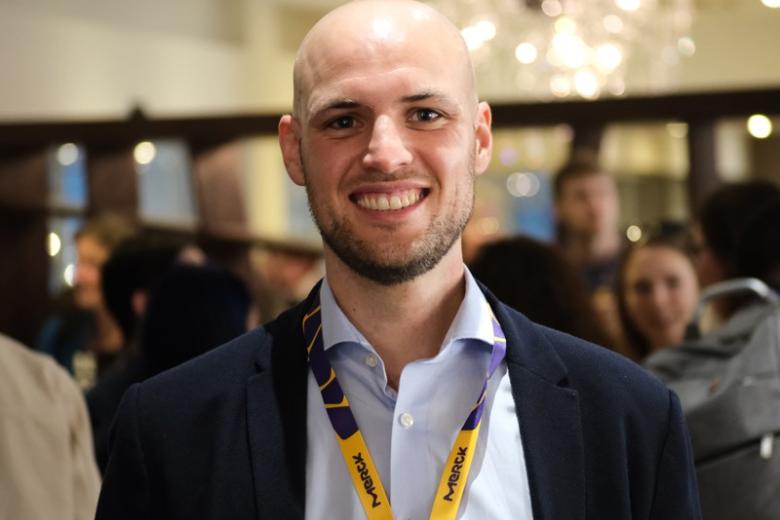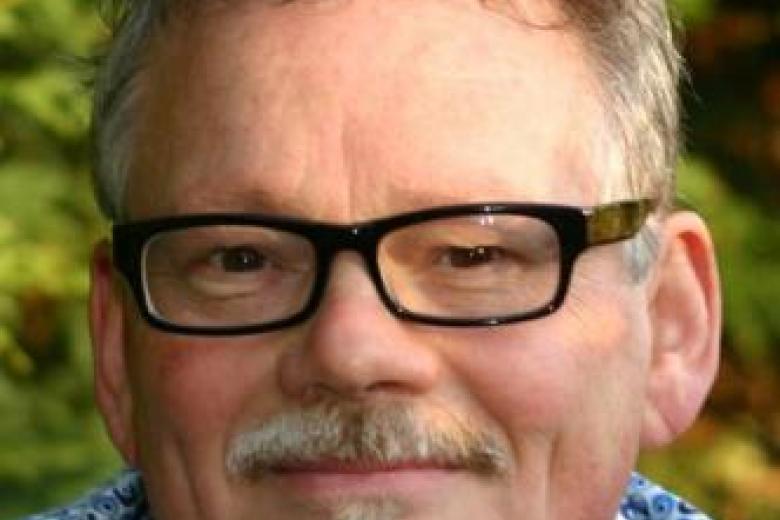'Forensic pathology is a medical discipline'
On Friday 11 December, Bela Kubat from Maastricht UMC+ and the Netherlands Forensic Institute (NFI) will accept the first Dutch chair position in the field of forensic pathology. In her inaugural address, Kubat advocates embedding forensic pathology more deeply into the medical programmes followed by doctors. Not only would this make them more capable of recognising abuse among patients in a clinical setting, it would also allow them to offer timely and adequate help.
Forensic pathology is widely known as an important part of criminal investigations. An autopsy can help forensic pathologists determine whether the deceased died of natural causes or as the result of a criminal offense. According to Kubat, forensic pathology is more than just a sub-department of criminal investigations and should be viewed as a medical discipline in its own right. The newly appointed professor considers it her responsibility to train doctors in this field and help them recognise the early warning signs of abuse in a clinical setting.
Warning signs
'A doctor's primary job is to offer treatment, as in the case of a broken arm, for example,' Kubat explains. 'But what if the patient has bruises that can't be explained by the initial injury? How do doctors know whether this is the result of abuse? And if it is, what steps can they take? Unfounded suspicions can have serious consequences for both the patient and the doctor, but so can failing to recognise the early warning signs.' Kubat argues that a lack of knowledge about forensic pathology can cause medical practitioners to miss the signs associated with crimes like abuse. As a result, the victims end up in a downward spiral that can quickly go from bad to worse.
Solution
'Doctors should be trained to recognise signs like bruises, breaks and other injuries,' says Kabat. 'The earlier these signs of abuse are recognised, the faster they can be addressed. This should be done in close consultation with the patient.' The latter is extremely important for reasons of doctor-patient confidentiality, which ensures that patients can freely discuss their concerns with their doctor, without worrying that this information will be shared with others. The doctor's job is to find a solution to the problem by working together with the patient. This may involve physical or psychological treatment or filing a police report at the patient's request. If child abuse is suspected, the doctor is required to report the issue to the authorities and is not held to any medical confidentiality.
Bela Kubat will deliver her inaugural address entitled, 'The first forensic pathology chair' on Friday 11 December at Maastricht University.
Also read
-
GROW research: all-in-one test for genetic defects in embryos🧪
Researchers at Maastricht UMC+ and GROW have developed a technique that can analyse the entire genome in a single test, allowing for faster determination of embryos suitable for successful pregnancy.

-
A breakthrough in cultured meat research-animal component free production
A breakthrough in cultured meat research-animal component free production

-
Cross-border inter-organisational cooperation in crime control
The Netherlands Organisation for Scientific Research (NWO) has awarded a grant under the SGW open competition to a research proposal written by Prof Dr Math Noortmann (Institute for Transnational and Euregional cross border cooperation and Mobility / ITEM) and Prof Dr J.B.M. Koning (UM School of...
